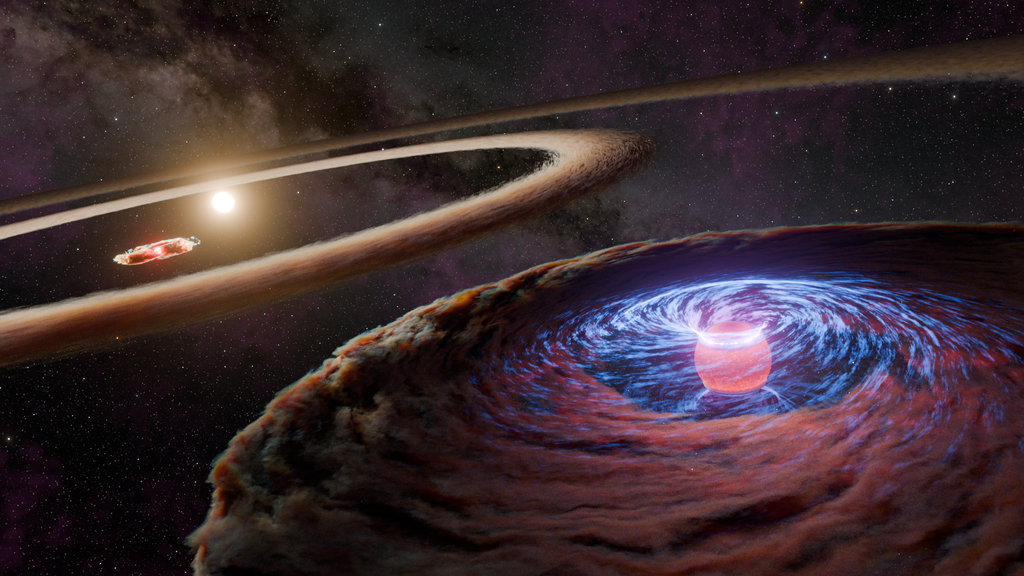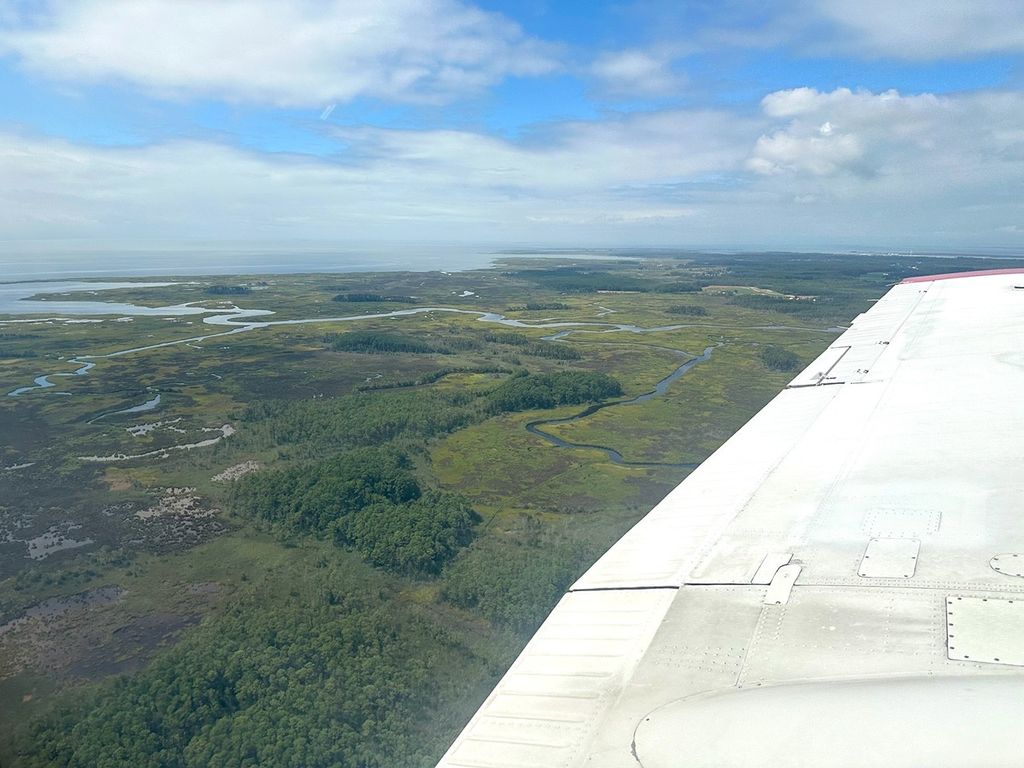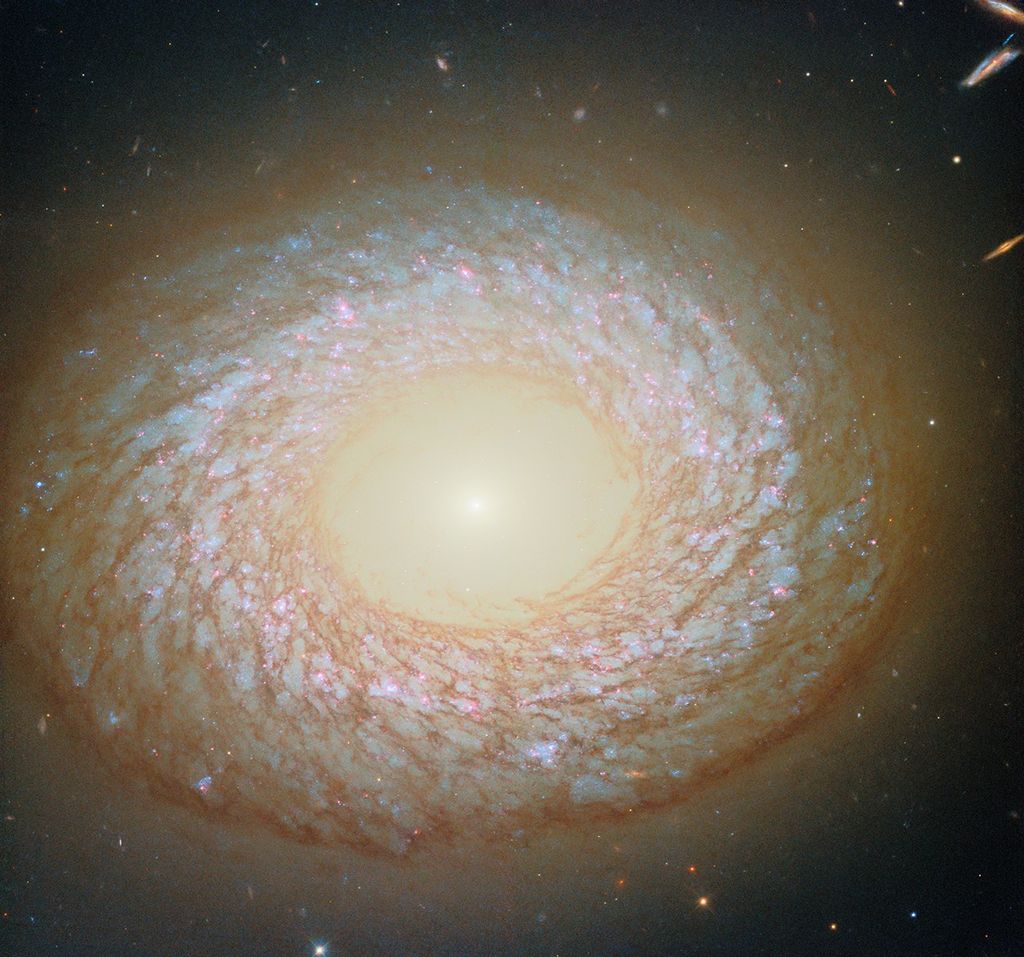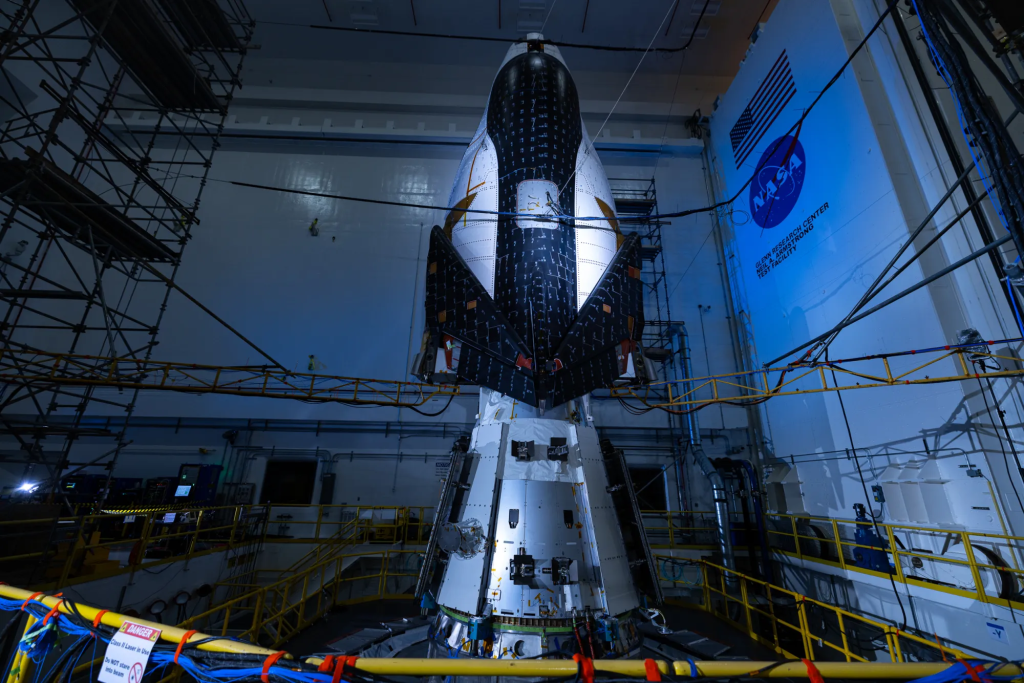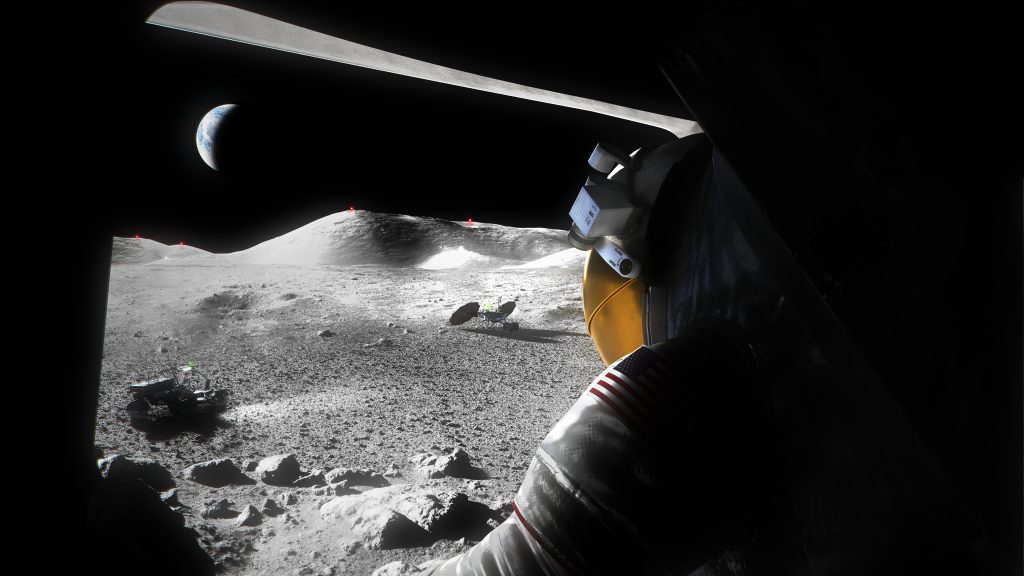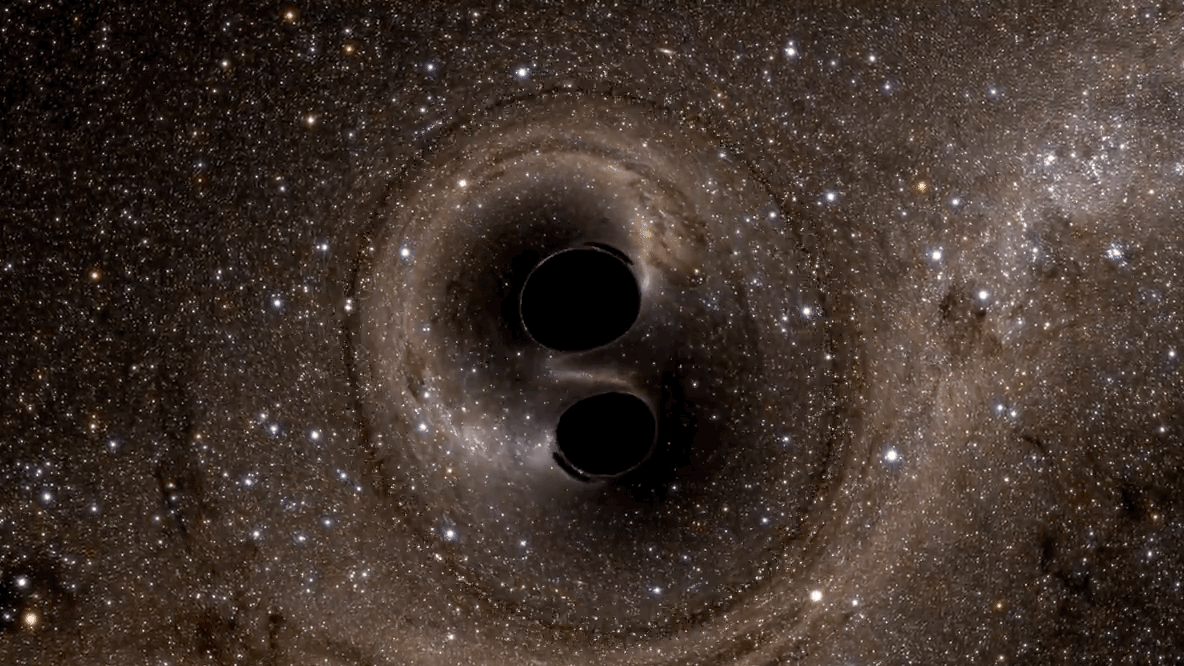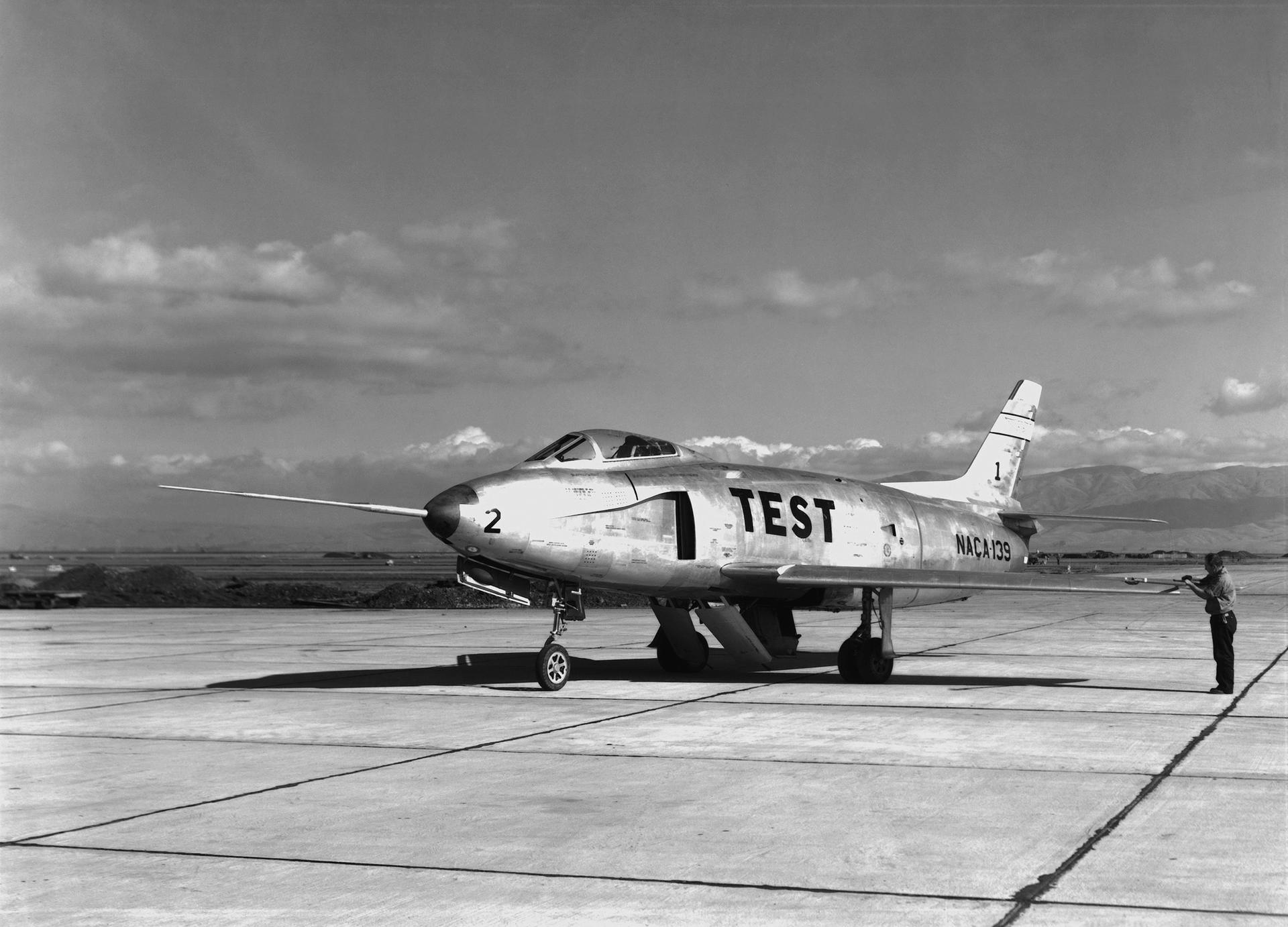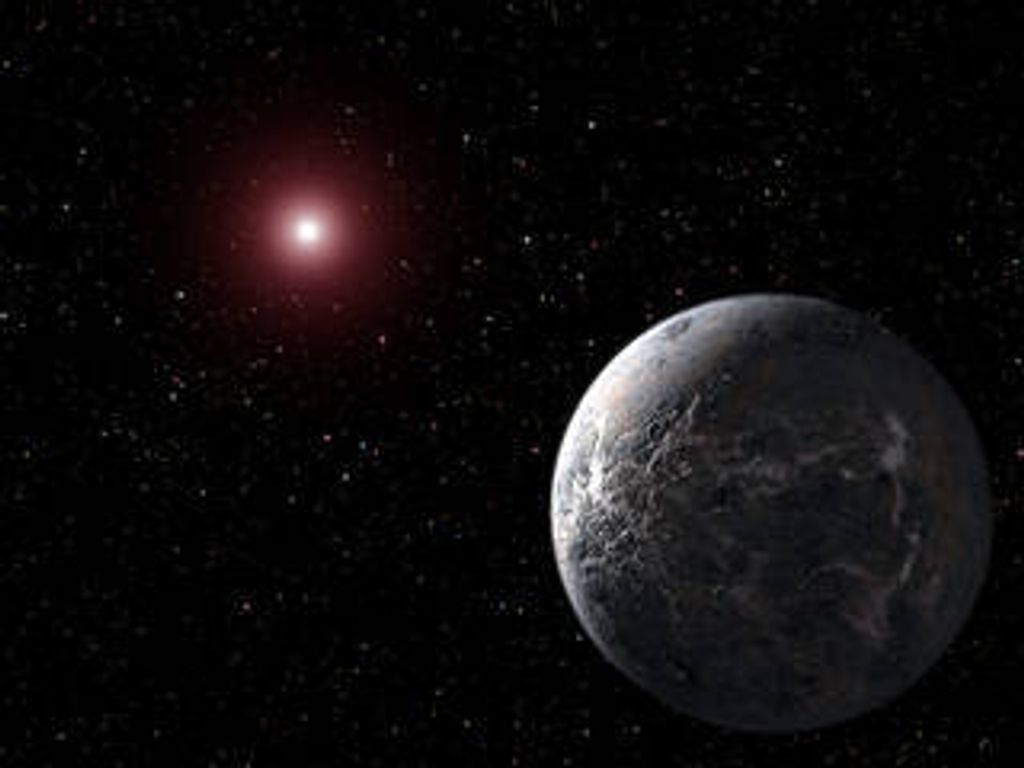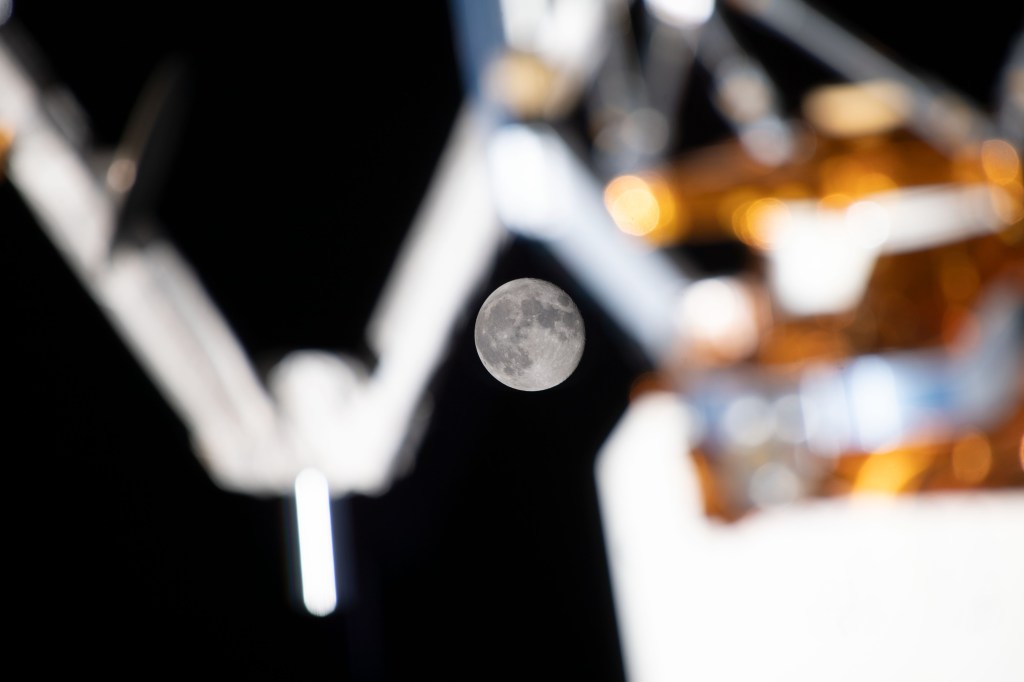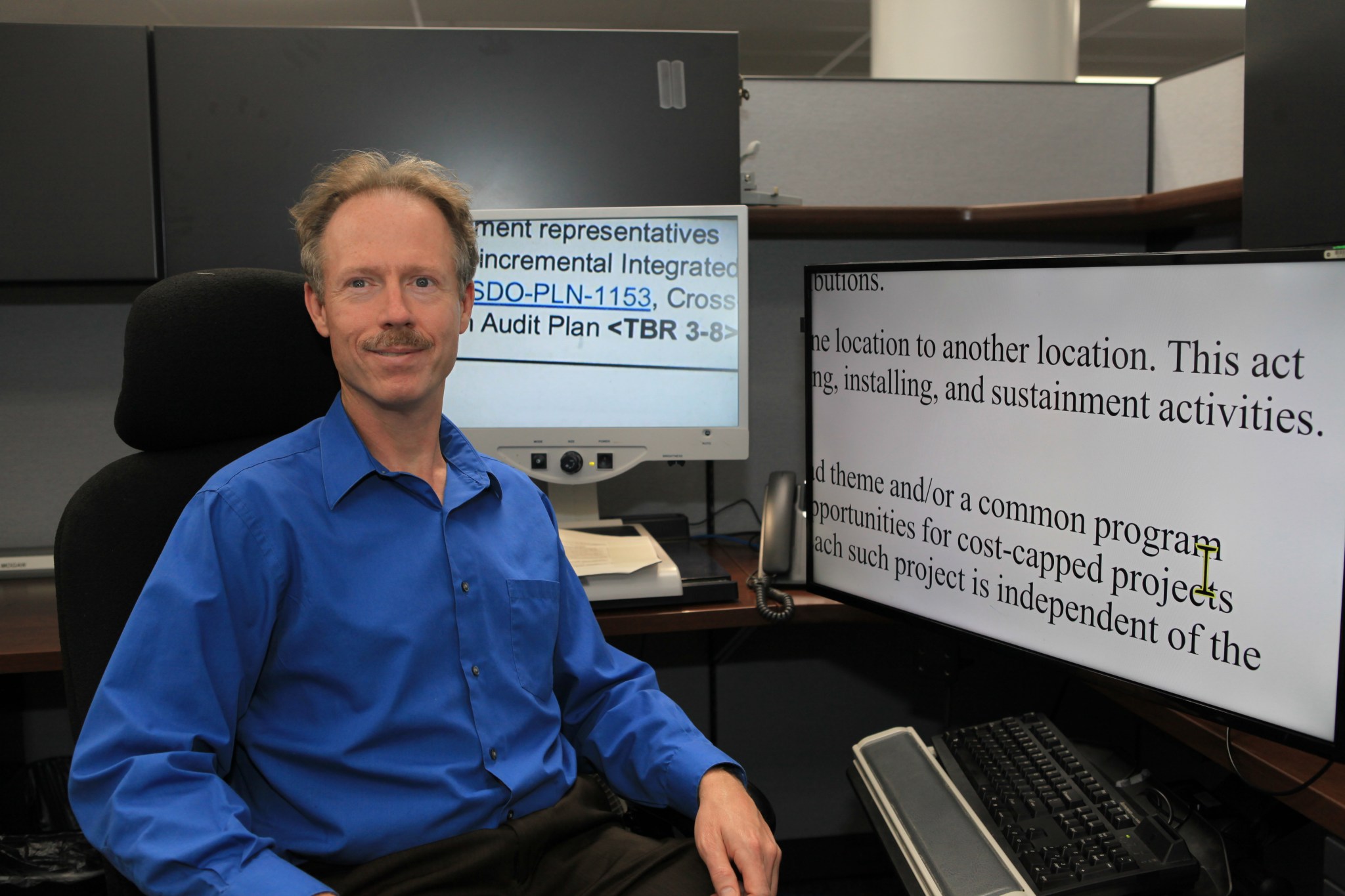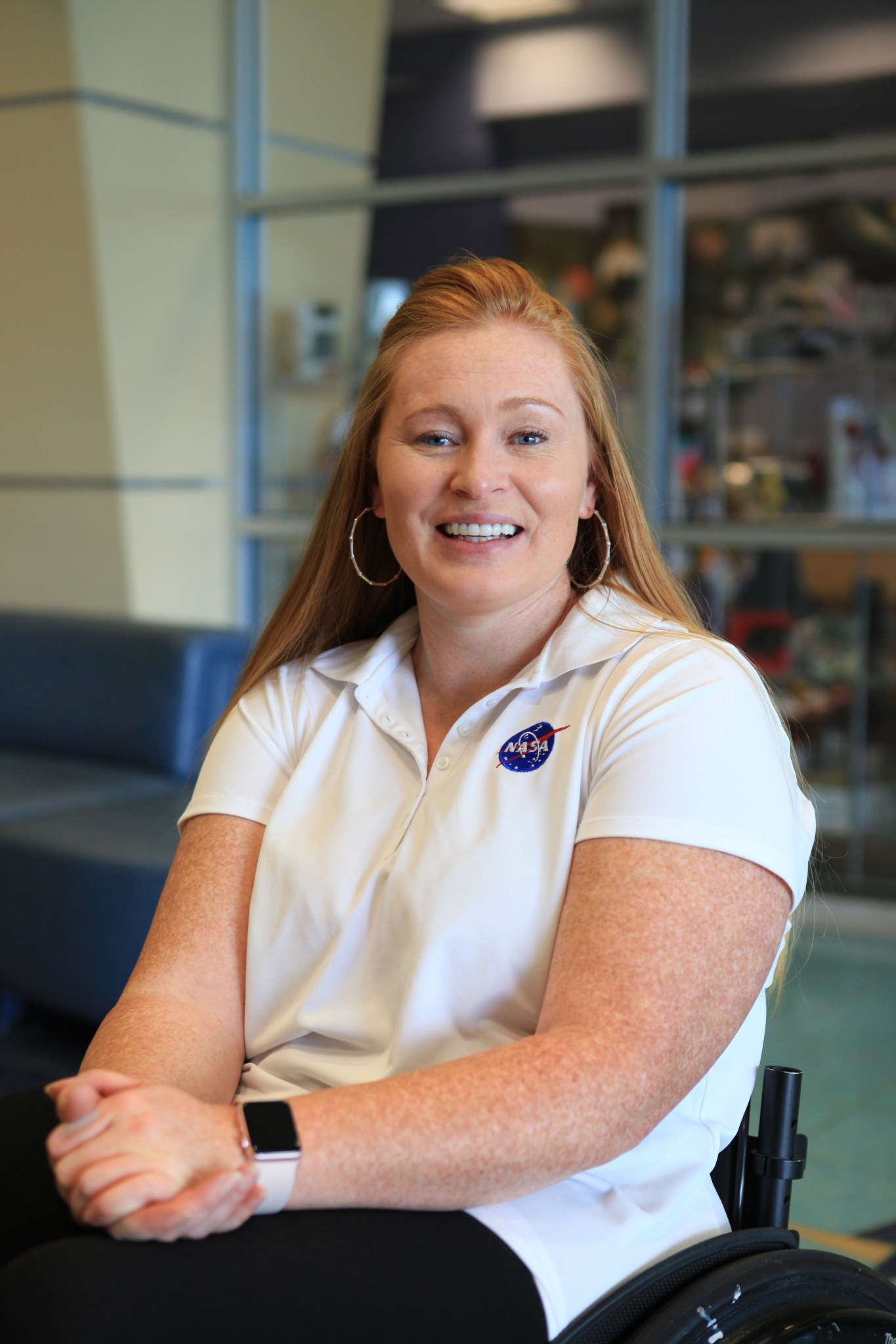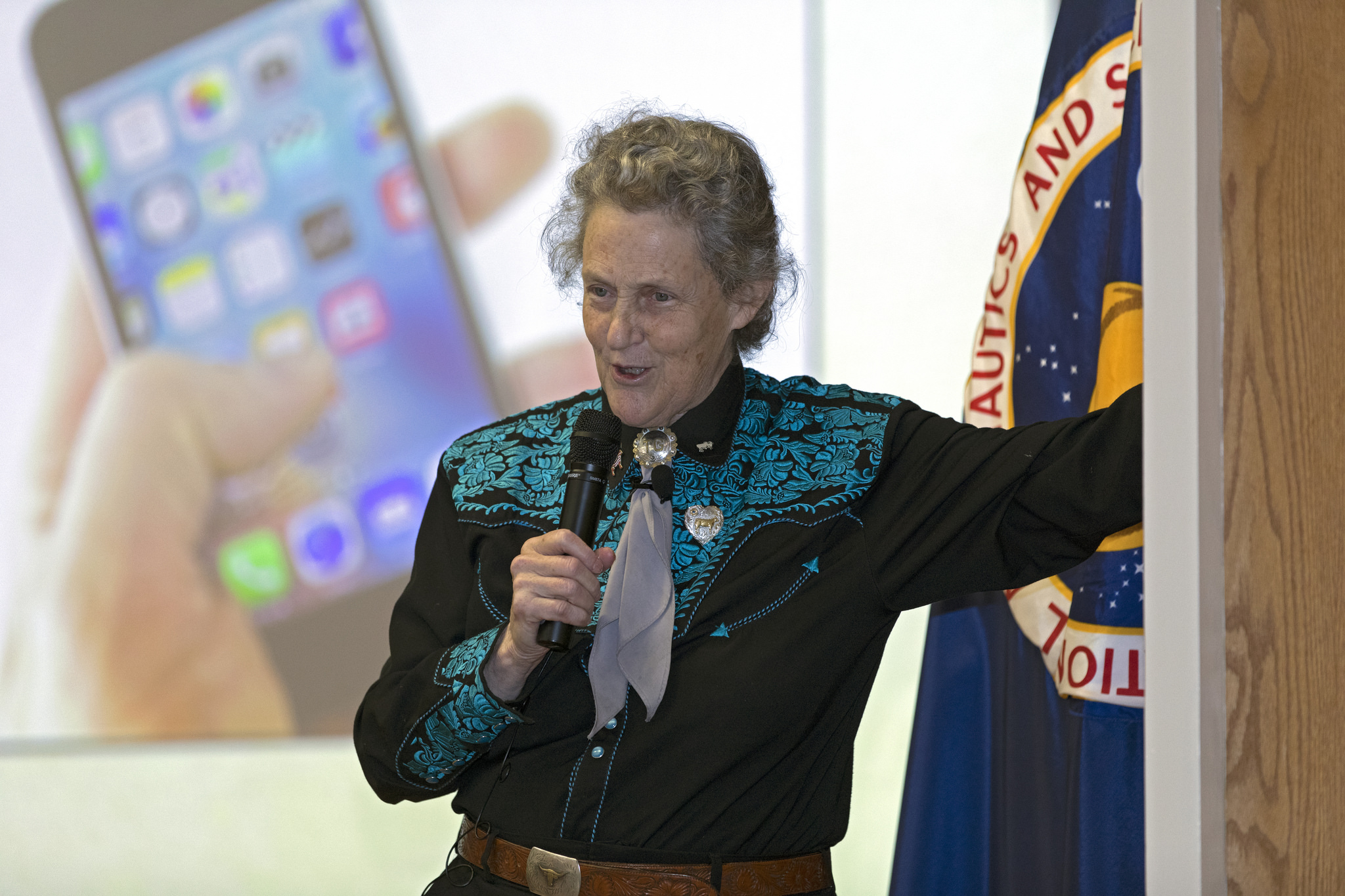
Not all frontiers to be conquered are in outer space. Some have been identified right here on Earth. NASA’s Kennedy Space Center prides itself on finding solutions to hard-to-handle tasks and has made great strides in conquering both. October is National Disability Employment Awareness Month (NDEAM), and this year’s theme – “Inclusion Drives Innovation” – has long been exemplified at the Florida spaceport.
“There is an acceptance of people with disabilities and the recognition that we can contribute significantly to what [Kennedy] is all about,” said Paul Mogan, a program system engineer in NASA’s Ground Systems Development and Operations Program. “People with disabilities are now widely accepted and really even embraced by the workforce.”
The center’s Disability Awareness and Action Working Group, known as DAAWG, partnered with the Kennedy Networking Opportunities for Women (KNOW) group to host an NDEAM event featuring Dr. Temple Grandin as the keynote speaker. A professor of animal science at Colorado State University in Fort Collins, Colorado, Grandin is a renowned author and speaker on both autism and animal behavior.
Grandin spoke about the variety of ways humans think and process information, and the importance of recognizing that these differences complement each other — and that focusing too much on disability labels creates unnecessary limits. It’s much better to focus on what a person can do well, and let that be the starting point for success.
“Career comes first; labels come second. It’s an important part of who I am; I wouldn’t want to change and become non-autistic,” Grandin said. “But what I do comes first.”
NASA engineer Rachel Cox was excited to hear Grandin speak after having seen the film about her life several years ago.
“It’s inspiring to me to see someone who is super successful, and that a label doesn’t have to put limits on you,” Cox said. “You can be really good at something despite society putting a label on you. When you hear her whole life story and all the things she did, that label breaks down and goes away, and you don’t think about her as someone who is autistic.”
The “Inclusion Drives Innovation” theme is especially fitting at Kennedy this year. The DAAWG organization is celebrating its 25th year of providing support and assistance to employees.
Creation of the group in 1992 was a significant step on the journey to providing access to persons with disabilities to employment at Kennedy. Its enduring influence is reflected in the form of upgraded facilities, helpful tools and a dedication to raising awareness among all employees.
“Partial paralysis due to a spinal cord injury requires that I use bilateral ankle-foot orthotics to walk,” explained lead management analyst Andi Meyer. “DAAWG has played a role in ensuring I have accessible parking so that I can make it into work safely.”

DAAWG also works tirelessly to foster an environment of encouragement and inclusion, so everyone can work to their full potential in advancing NASA’s goals.
“DAAWG has really helped shape the culture here at the Kennedy Space Center with a focus on diversity and inclusion. My peers, my management, my co-workers — they all focus on my technical and cognitive behavioral abilities instead of focusing on some of my physical disabilities,” said lead program analyst Christine Shepperd. “It really can be seen in our facilities across the space center, from the Vehicle Assembly Building to the labs, to the launch complexes — all of them are accessible and point to Kennedy Space Center valuing me as part of the workforce.”

